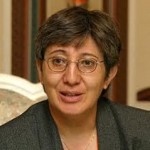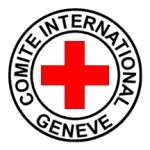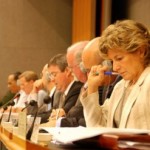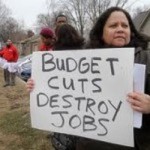Health care, economics suffer as front lines multiply.
from the International Committee of the Red Cross
Kabul/Geneva (ICRC) – The outgoing head of the delegation of the International Committee of the Red Cross (ICRC) in Afghanistan, Reto Stocker, declared in Kabul today that for ordinary Afghans the armed conflict in the country has taken a turn for the worse. Mr Stocker is leaving Afghanistan after seven years in his current position.
"I am filled with concern as I leave this country. Since I arrived here in 2005, local armed groups have proliferated, civilians have been caught between not just one but multiple front lines, and it has become increasingly difficult for ordinary Afghans to obtain health care," said Mr Stocker.
"People are not just suffering the effects of the armed conflict. Hardship arising from the economic situation, or from severe weather or natural disaster, has become more widespread, and hope for the future has been steadily declining."
Stocker placed particular emphasis on the lack of access to health care for ordinary Afghans. "There have to be some things that are off limits, and interfering with health care is one of them. Attacks on health-care staff, vehicles and facilities cannot be considered part of the ordinary conduct of war. Health care must remain available to everyone who needs it. It must be provided impartially, on the basis of medical considerations only."
“There have to be some things that are off limits, and interfering with health care is one of them.”
Despite these challenges, there has also been some progress. "Compared with previous decades, the plight of civilians is being made known more forcefully by the media and civil society," said Mr Stocker.
"Over the years, the ICRC has been able to raise its concerns more directly and candidly with the various parties to the conflict. The parties have shown a greater willingness to listen to us and to follow certain recommendations we have made concerning the conduct of hostilities and detention-related matters. That cannot be said about every war zone in the world today."
The ICRC continues to visit thousands of people held in connection with the armed conflict in facilities across Afghanistan under both Afghan and international control. "We are concerned that as international forces pull back, and funding available to the Afghan government is reduced, it could become more difficult to maintain acceptable conditions in the prisons," he added.
The ICRC has been working in Afghanistan since 1979. The country is the site of the ICRC's largest operation in terms of resources committed, with over 1800 staff based in 15 offices, and a budget of 89 million Swiss francs for 2012. The ICRC's new head of delegation in Afghanistan, Gherardo Pontrandolfi, took up his duties this month.

 Nonviolent protester of Drone Wars sentenced to federal prison.
Nonviolent protester of Drone Wars sentenced to federal prison.






